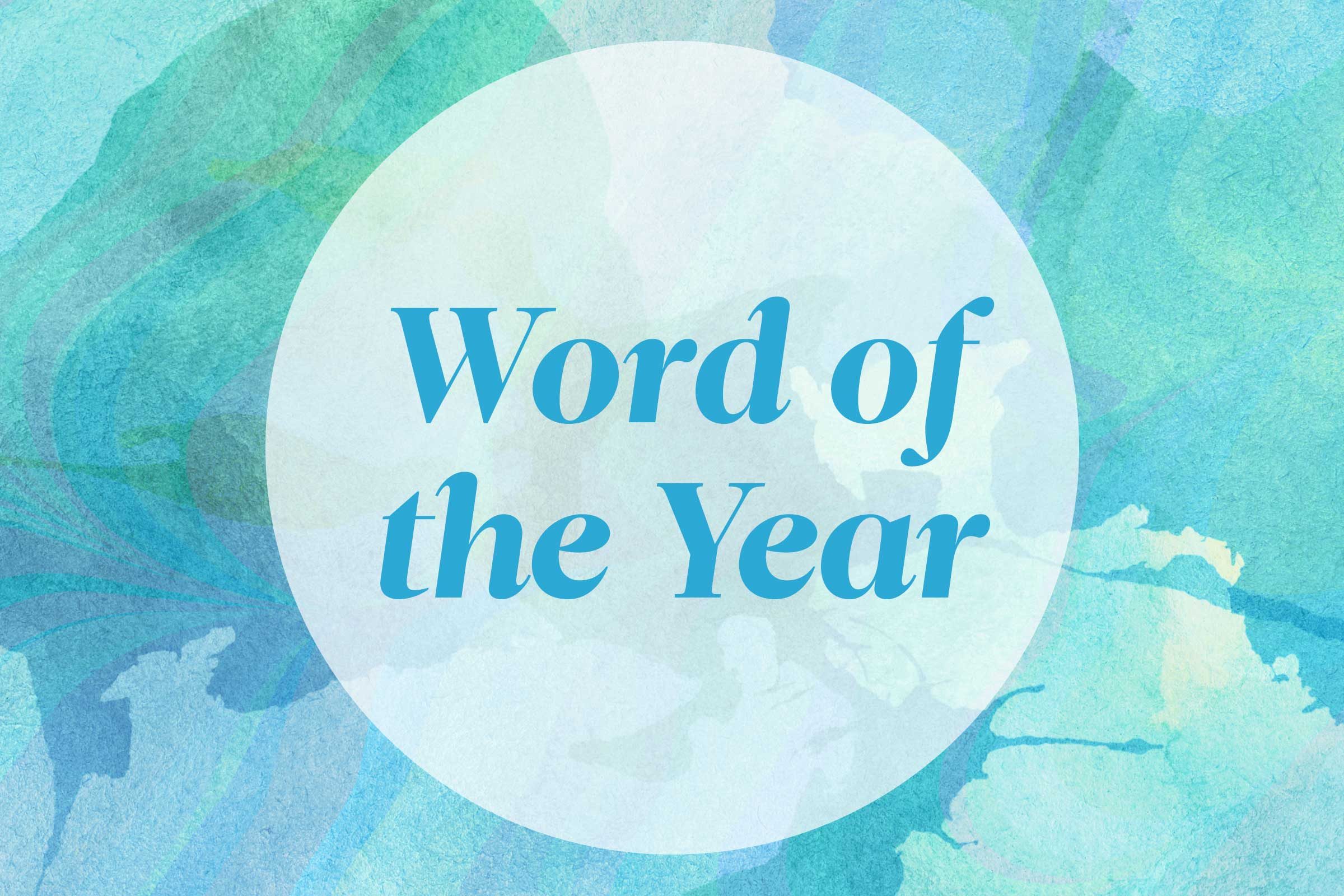Who choses WOTYs? It depends.
The linguists choose one through the American Dialect Society. Mirriam-Webster, of dictionary fame, crowdsources its choice. Oxford University Press gathers a team of editors, lexicographers, and - um - marketers together to choose a word. Dictionary.com bases its choice on searches of its site along with prominent news stories.
 |
| Image from https://www.rd.com/culture/word-of-the-year/ |
What are 2019 words?
- (my) pronouns (American Dialect Society) click the link at the bottom of the ADS page to get a full list of categories, including sksksksksk deemed by ADS to be one of the most creative WOTYs of 2019)
- They (Mirriam Webster)
- Climate Emergency (Oxford) all of its runner-ups are climate-related, too, including flightshame
- Existential (dictionary.com)
It's not just an English thing; organizations post for other languages, too. For example, every October the Japanese Kanji Proficiency Society announces a kanji that voters choose to represent the events in Japan over the past year.
The character “rei” (令) — as used in the era name of Reiwa, which has been translated to mean “beautiful harmony” — was chosen as kanji of the year
Rei, on its own, means “order,” “command” or “auspicious.” But this year’s choice was derived from the name of the new era that began after Emperor Naruhito ascended to the throne on May 1.
So what? Who cares? (I offer these two questions in the spirit of Graff and Birkenstein's chapter of the same name in They Say/I Say: The Moves that Matter in Academic Writing. In some sense sarcastic, but in a sincere sense actually answering those questions, for if no one cares and it doesn't matter, why write about it?)
In some ways, WOTYs seem rather trivial. What does one do with these words anyhow? I think, like annual end-of-year lists, a WOTY tries to encapsulate something about the past year, at least, what is important to the people who chose it. For that reason, I specifically wrote above not only who publishes a WOTY, but who chooses the word for that publication.
When I look at the WOTYs for 2019, they're weighty, serious. Each word could start a long conversation about how it represents, or not, the year. While Oxford's past lists might have included lighter words such as selfie and sudoku, such a trend does not seem to be at work for the crowdsourcing list of dictionary.com. Let's take a look at the past 10 years
- 2019: Existential
- 2018: Misinformation
- 2017: Complicit
- 2016: Xenophobia
- 2015: Identity
- 2014: Exposure
- 2013: Privacy
- 2012: Bluster
- 2011: Tergiversate (okay, I didn't know this word; it's the second new English word I have seen this week - which is totally exciting to me. "Tergiversate" means "to evade, to equivocate using subterfuge; to deliberately obfuscate")
- 2010: Change
In conclusion.... I don't know what WOTYs all add up to. Most of me thinks "interesting, but not anything to deeply think about - a nice party conversation starter." But maybe, with time and more reflection, I'll come up with a better "so what" for WORTYs and what they reveal about their creators and consumers.